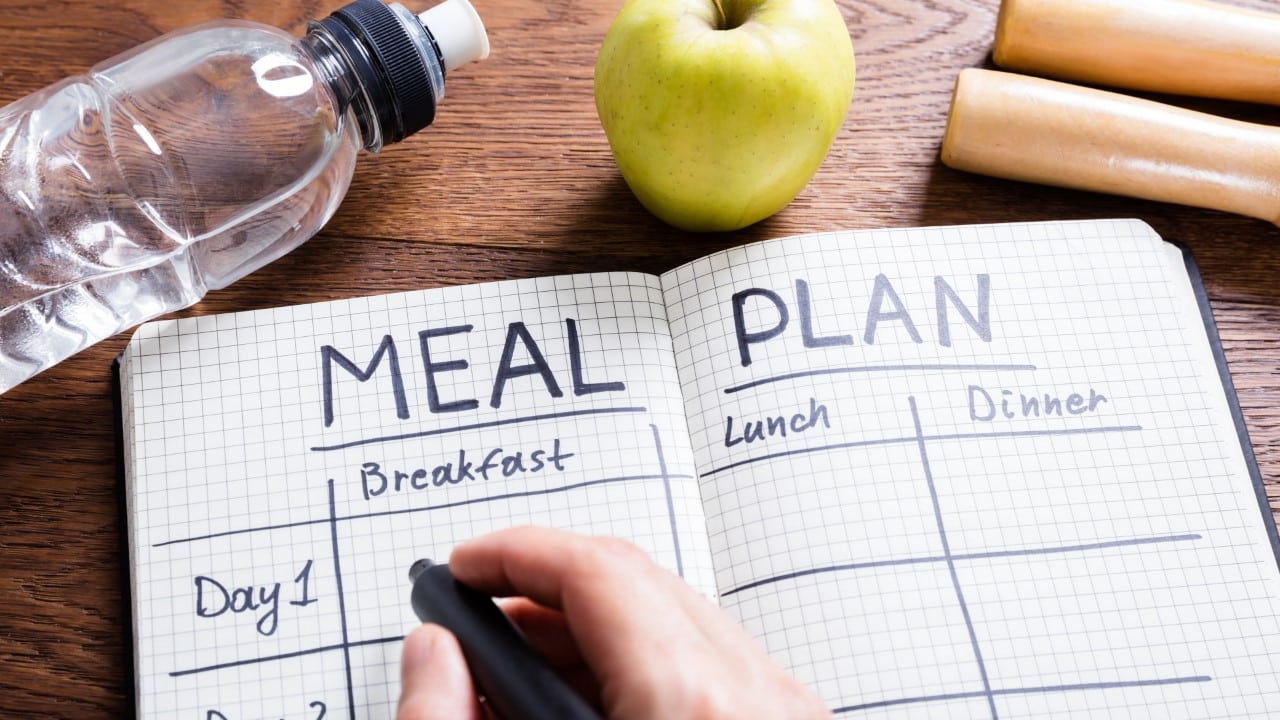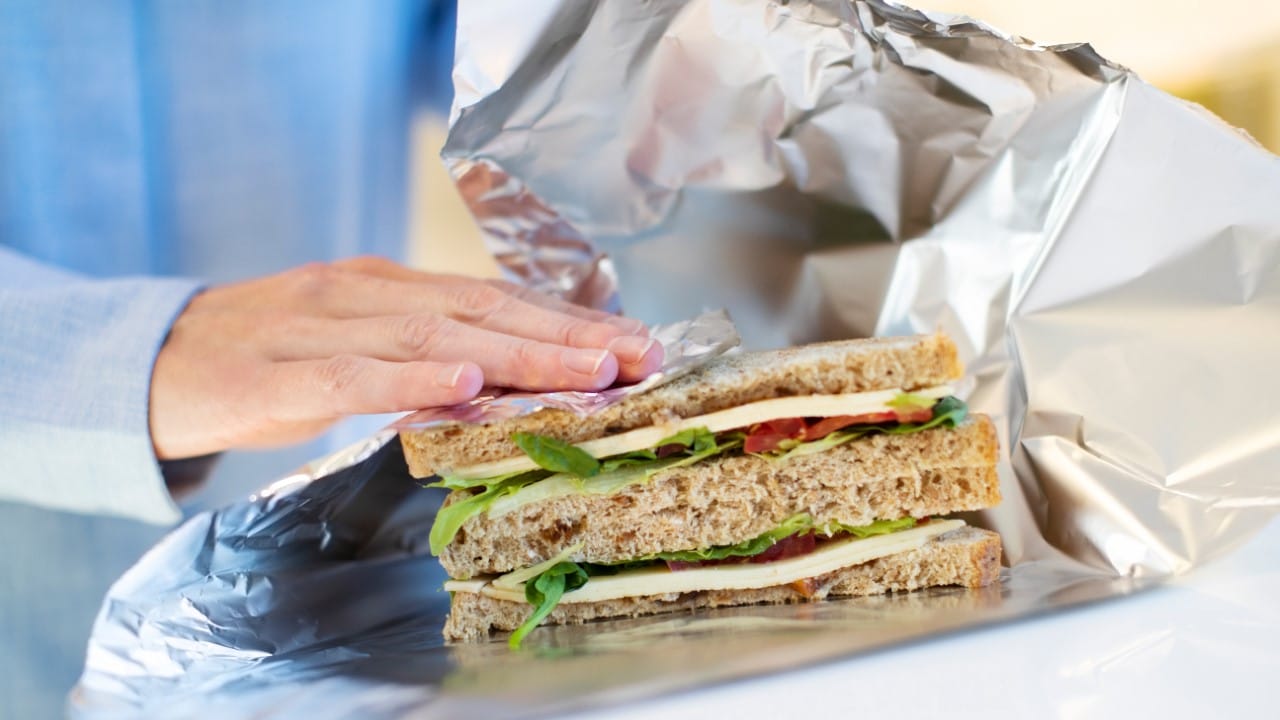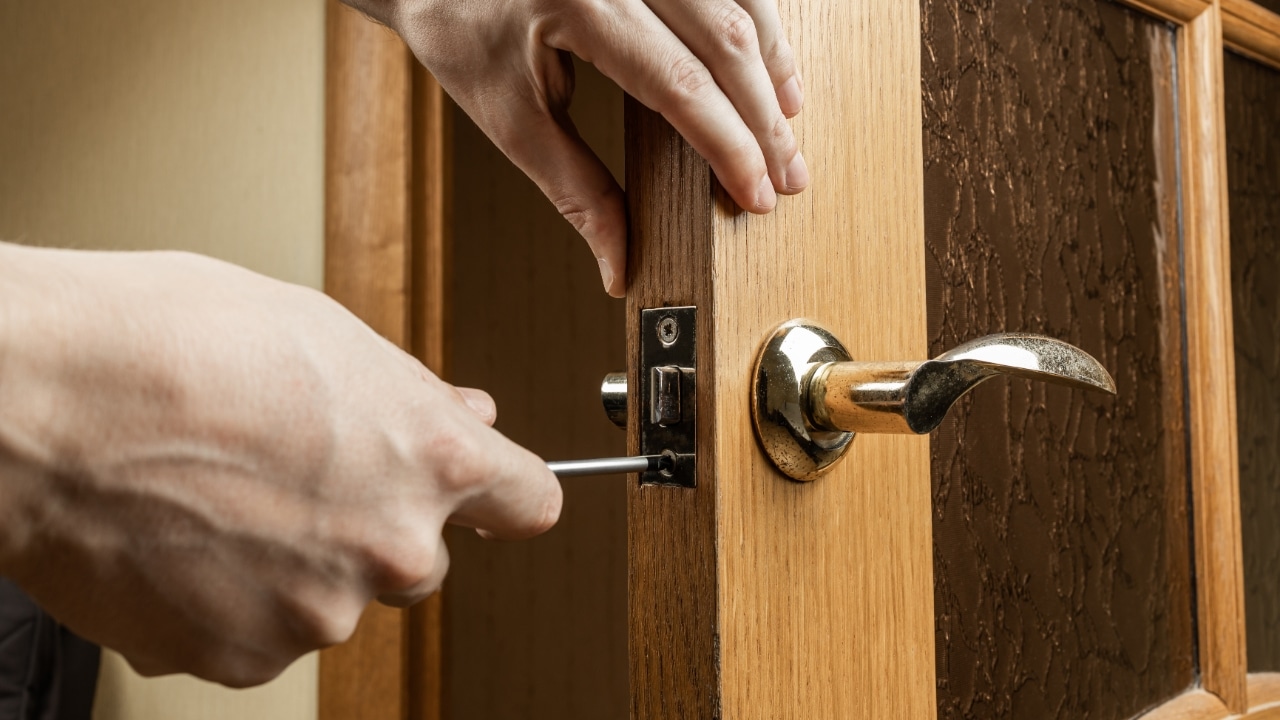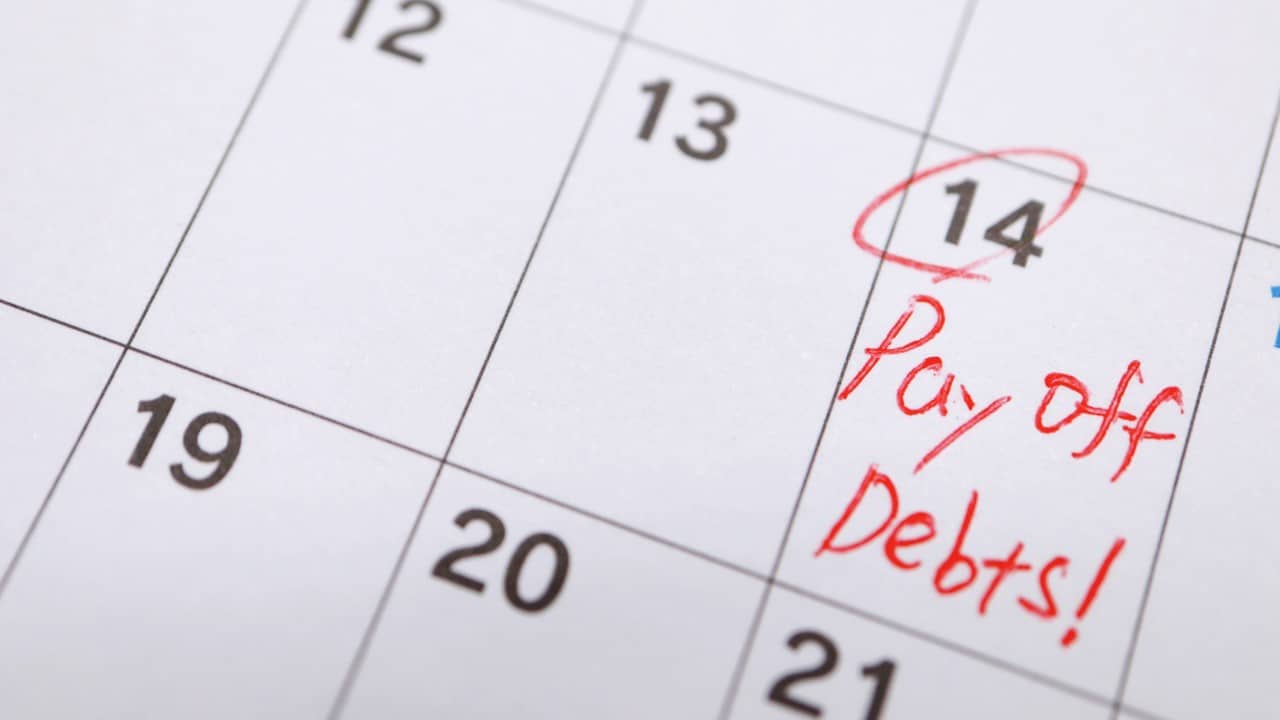All of us could benefit from boosting our savings, but we can’t all suddenly start a lucrative side gig that pays us an extra $1,000 a month that we can squirrel away. Thankfully, building a substantial savings account doesn’t always require drastic measures. Small, simple changes in your daily lifestyle can significantly impact your financial health and boost your savings. Take a look at our 25 top tips.
#1. Brew Your Own Coffee

Instead of buying coffee from a café every day, consider brewing your coffee at home. The savings from avoiding daily $3-$5 coffee purchases can add up quickly over a year. I use a French press and really good preground coffee, along with a milk steamer/frother combo and coconut barista milk, and I don’t miss the drive-thru coffee at all.
#2. Plan Your Meals

Meal planning reduces food waste and avoids impulse buys at the grocery store. Planning your family meals for the week lets you only buy what you need, minimize waste, and resist the temptation to eat out.
#3. Use Public Transportation

Using alternative travel options – public transportation, carpooling, or biking to work can significantly cut down on fuel costs, parking fees, and vehicle maintenance. Using public transport saves money and reduces your carbon footprint.
#4. Shop with a List

When grocery shopping, always go with a list and stick to it. This helps prevent impulse purchases, which often increase your total bill. A list keeps you focused on buying what you need, not what catches your eye.
#5. Cut Cable TV

Consider cutting cable TV and switching to cheaper streaming services. There are so many cable alternatives, with streaming services being considerably cheaper and letting you watch shows on-demand, cable is quickly becoming obsolete. Cut costs without sacrificing your entertainment.
#6. Reduce Energy Usage

Taking simple actions like turning off lights if you leave the room, using energy-efficient bulbs, and unplugging electronics can lower your electricity bills. Small changes in energy usage can lead to significant savings over time.
#7. Buy Generic Brands

Choose generic brands instead of name brands for groceries and pharmaceuticals. Generic brands often offer the same quality at a lower price, leading to substantial savings on your shopping trips.
#8. Pack Your Lunch

Packing your lunch instead of eating out at work can save a considerable amount of money each week. Homemade meals, even a simple sandwich with a side salad, are usually cheaper and healthier than restaurant food. Plus, you control portions.
#9. Use Cashback and Discount Apps

Take advantage of cashback and discount apps when shopping. These apps can offer significant savings on everyday purchases, from groceries to clothing.
#10. Automate Your Savings

Treat your savings as an essential line item in your budget and set an automatic transfer to your savings account each payday. Automating this makes sure you always save at least that portion of your income every month and you’re less likely to spend it elsewhere.
#11. Cancel Unused Subscriptions

Review your subscriptions and memberships, and cancel those you no longer use or need. This includes gym memberships, magazine subscriptions, and streaming services. You’ll likely be amazed at just how many unused or duplicate subscriptions you actually have.
#12. Practice DIY Home Maintenance

Learn to do basic home maintenance and repairs yourself instead of hiring out for every small job. There are loads of resources and tutorials available online for a variety of home projects.
#13. Have No-Spend Days

Challenge yourself to have no-spend days or weekends. Committing to not spending any money on anything other than absolute essentials is a real challenge, but it can help break the habit of mindless spending. And you can always incentivize yourself with a small reward or purchase at the end of your challenge.
#14. Buy Secondhand

Consider buying secondhand items for clothing, furniture, and electronics. Thrift stores, eBay, garage sales, and social network marketplaces are great sources for quality items at a fraction of the cost. I’ve made some fabulous finds on Facebook marketplace.
#15. Reduce Water Consumption

Saving water can also save you money. Simple measures like fixing leaks, taking shorter showers, and using water-efficient appliances can reduce your water bill.
#16. Cook in Bulk

Cooking in bulk and freezing the meals for later saves both time and money. It’s often cheaper to buy ingredients in larger quantities, and having meals ready in the freezer reduces the temptation to order takeout.
#17. Use a Programmable Thermostat

Using a programmable thermostat can help minimize heating and cooling as it automatically adjusts the temperature based on your schedule.
#18. Limit Online Shopping

Limit your online shopping habits. Online stores make it easy to spend money impulsively. Try to wait a day or two before purchasing to determine if it’s something you really need. I have a 24-hour cooling-off period before I make non-essential purchases.
#19. Exercise Outdoors or at Home

Instead of an expensive gym membership, consider working out at home or outdoors. There are plenty of free resources available online for effective home workouts.
#20. Host Potlucks Instead of Dining Out

Socialize with friends by hosting potlucks instead of dining out. It’s a great way to enjoy a variety of dishes without the high cost of restaurant meals.
#21. Use a Water Filter

Using a water filter and a stainless steel water bottle instead of buying bottled water is good for the environment and reduces your grocery bill.
#22. Grow Your Own Herbs

Growing your own herbs can save money on buying fresh herbs from the store. Herbs like basil, cilantro, and parsley are easy to grow, even on a small balcony or windowsill.
#23. Borrow Instead of Buying

Before purchasing items you use infrequently, like tools or books, see if you can borrow them from friends, family, or a local library.
#24. Consolidate and Pay Off Debt

Work on consolidating and paying off debt, especially high-interest debt like credit card balances. Reducing debt can significantly lower your monthly expenses.
#25. Review and Adjust Your Budget Regularly

Make sure you periodically review your budget so you can adjust it if your income or expenses change. Having an up-to-date budget that actually aligns with your current financial situation lets you save more effectively.
21 States Where Squatters Can Legally Claim Your Property

Discover how squatters’ rights, or adverse possession, are more than just legal jargon—they’re stories of unexpected twists in the world of real estate. From sunny California to the historical landscapes of Pennsylvania, here’s how these laws could turn the tables on homeowners and squatters alike. 21 States Where Squatters Can Legally Claim Your Property
14 Things That Are Banned in the U.S. but Totally Fine Elsewhere

Ever feel like America’s rulebook was written by someone with a dartboard? Across the pond or down under, things get even wackier. Let’s take a walk on the wild side of global “Do’s” that are definite “Don’ts” in the Land of the Free. 14 Things That Are Banned in the U.S. but Totally Fine Elsewhere
25 American States Nobody Wants to Visit Anymore

Across the United States, some states capture the hearts and itineraries of many, while others remain quietly on the sidelines, overshadowed or misunderstood. These 25 states, facing what you might call a popularity crisis, are brimming with hidden wonders, cultural riches, and natural beauty, awaiting those willing to look beyond the usual tourist trails. 25 American States Nobody Wants to Visit Anymore
20 Foods That Are Cheaper to Eat Out Than Making at Home

In a world where convenience often wins, certain culinary delights come with a lower price tag when enjoyed at a restaurant rather than crafted in your own kitchen. Here are twenty foods that might save you both time and money when indulged in at your favorite eatery. 20 Foods That Are Cheaper to Eat out Than Making at Home
17 Things You’re Paying For, but You Don’t Have To

In the land of the free, there’s a price tag on everything, but savvy Americans know better than to open their wallets for just anything. Here are 17 expenses you’ve been shelling out for without realizing there’s a cheaper or even free alternative. 17 Things You’re Paying For, but You Don’t Have To
The post Smart Spending: 25 Simple Lifestyle Tweaks to Help You Save first appeared on From Frugal to Free.
Featured Image Credit: Shutterstock / Monkey Business Images.
The content of this article is for informational purposes only and does not constitute or replace professional financial advice.
